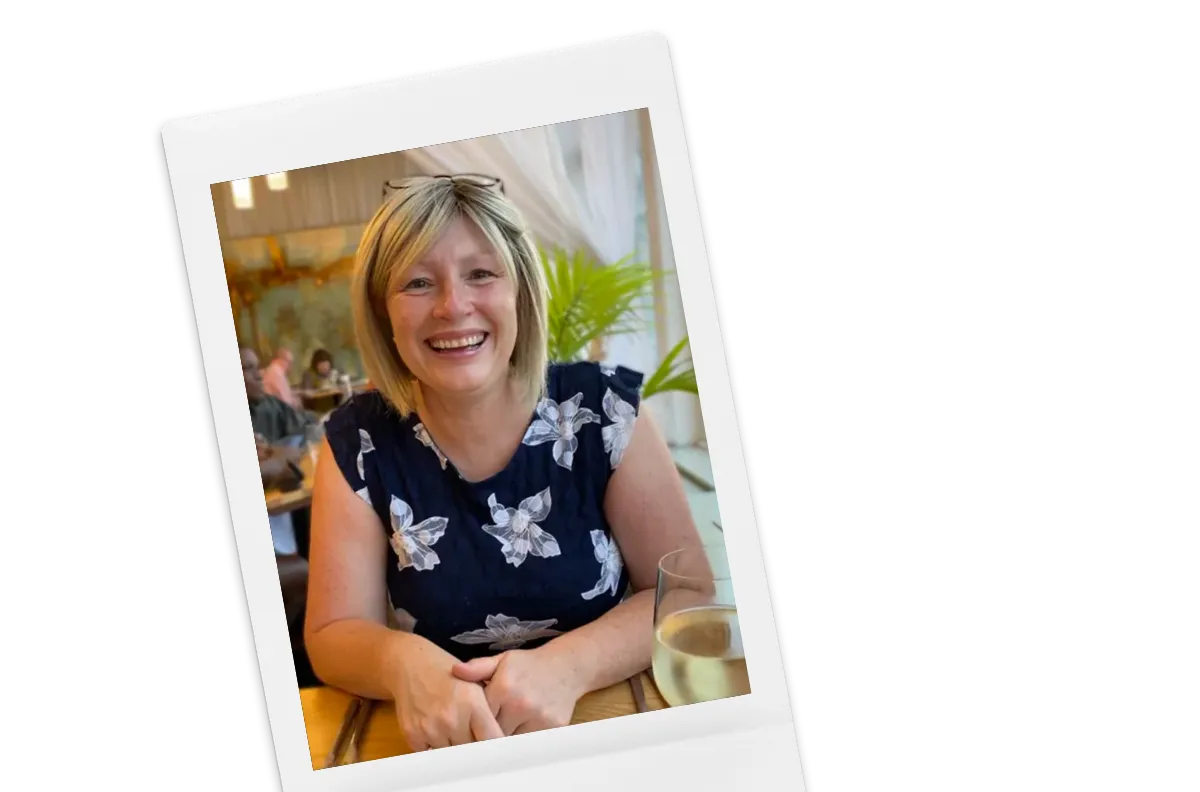A cancer diagnosis is a frightening thought for anyone and when the reality hits, those facing the illness can feel afraid and alone. It’s not an easy bit of information to swallow, but also the thought of what’s to come and the effects it might have on the future can feel overwhelming. Understandably, many people struggle to come to terms with the changes, one of the most common changes being hair loss as a result of chemotherapy treatment.
If you’re in this position, losing your hair as a side effect of chemotherapy treatment, you’re not alone. It’s important to know, feeling upset and apprehensive when it comes to losing your hair is normal, it’s totally natural to feel the way you’re feeling. However, there are steps that you can take to make it less stressful for yourself in the long run.
Chemotherapy Hair Loss Timeline – What to Expect
Chemotherapy treatment may cause hair loss across your body. It’s possible that this may include your:
- Head
- Eyelashes
- Eyebrows
- Armpits
- Arms
- Legs
Usually, a person’s hair will begin to fall out 2-4 weeks after beginning treatment and it continues for a few weeks after treatment has ended. You may lose your hair quickly in clumps, or gradually. Most patients notice changes to the sides and back of their hair first, and then the crown. This is due to the fact that the crown receives far less friction.
You will either experience total hair loss or some thinning hair. When your hair begins to fall out it’s not uncommon to experience some discomfort on your scalp, so it’s important to be gentle and protect your scalp as much as you can.
7 Ways to Cope While Suffering from Chemotherapy Hair Loss
Receiving chemotherapy can be bittersweet. On the one hand, it saves lives and on the other, it can have a detrimental effect on a person’s confidence.
Dealing with chemotherapy hair loss is extremely difficult. It’s important to know that you aren’t alone, and all your feelings are completely normal and valid.
To help you through this tough time, we have put together a list of 7 ways to cope with losing your hair whilst undergoing chemotherapy.
1. Take Some Time to Adjust
When dealing with chemotherapy hair loss it’s vital to give yourself time to adjust. Losing your hair is a big change; your hair makes you who you are and losing it can feel like losing a huge part of yourself, therefore it’s okay and totally normal to be upset. Allow yourself to have your feelings and come to terms with the fact that it may take some time to feel good about yourself again. However, it’s worth remembering that chemotherapy hair loss is usually only temporary, and in the meantime, you should remember that you’re the same fantastic person that you’ve always been, and the treatment is saving your life!
2. Change Your Hair in Advance
You can prepare yourself in advance by considering a shorter hairstyle. This helps some people feel like they’re taking control of the situation, and also gets them used to seeing themselves with shorter hair which makes it less frightening when it starts falling out.
3. Be Gentle with Your Hair
Now is the time to be gentle on your hair, you should limit how often you wash it, but when you do make sure that you use a mild shampoo. It’s also a good idea to use a soft bristle brush or a wide-toothed comb on your hair to avoid damage. Also take into consideration that it’s best to avoid colouring, bleaching, or using heat on your hair as this can weaken it further. When drying your hair, you should gently pat it dry with a towel, and then leave it to dry naturally.
By taking the time to really look after your hair and strengthen it, it could potentially last longer into your treatment.
4. Protecting Your Head
To avoid your hair coming out in clumps ensure that sleep on a satin pillowcase or wear a hair net at night-time. Please be advised that your scalp will be more sensitive to the weather, so you must use sunscreen when out in the sun and wear a hat or a scarf to protect your head in colder weather.
5. Take Time for Yourself and Spend Time with Loved Ones
Dealing with chemotherapy hair loss can be a strain on your mental health, so you should take the time to take your mind off things and relax. You might not feel like it at first but surrounding yourself with fun people and activities will lift your mood and be a welcome distraction.
6. Building a Support System
Building a support system is extremely important to help you handle the emotions and challenges that come with chemotherapy hair loss. It’s important to know that you’re not alone and that you should share your challenges with close friends and family. Create a messaging group where you can all keep in contact. You could also find a cancer support group; this is a fantastic way to meet people that are going through the same thing and see how other people are dealing with hair loss due to chemotherapy.
7. Discover the World of Wigs
People that are dealing with chemotherapy hair loss often find that getting a wig gives them a sense of normality while undergoing treatment and they can help feel more like themselves again. At Joseph’s Wigs, we supply a range of quality wigs for cancer patients, many of our clients come to us before losing their hair which allows us to match their wigs perfectly to the natural colour and texture of their hair. You could even use this opportunity to create a whole new look and go for a style/colour that you’ve always wanted to try. If you’re suffering from hair loss during chemotherapy treatment, why not book a private wig fitting appointment with Claire at Joseph’s Wigs so you can try your favourite wig styles and find your perfect fit.
All wig styles we supply are made using the softest materials, specifically for people with hair loss, which makes wearing a wig as comfortable and unnoticeable as possible. Browse our large collection of ladies’ wigs and see if one catches your eye.

We’re Here to Help!
Joseph’s Wigs are here to support you with all your wig needs. As a small family run business who have witnessed the damaging effects of chemotherapy, we understand what you’re going through and are here for you every step of the way. Please feel free to contact Stuart or Claire at a time that suits you and we’ll be happy to help.











